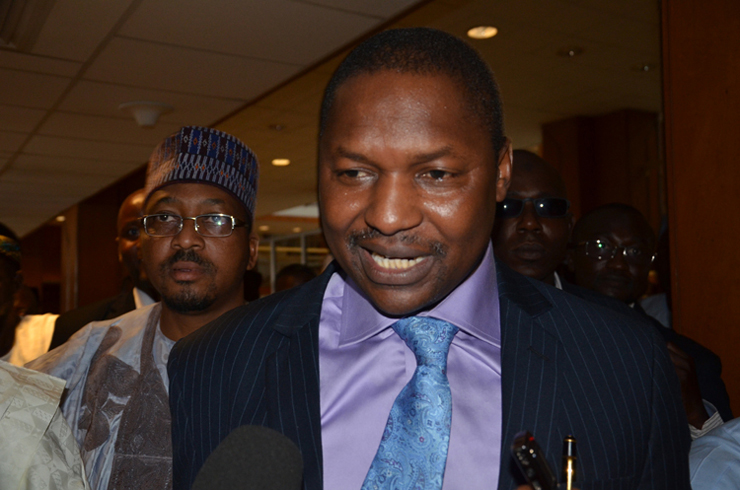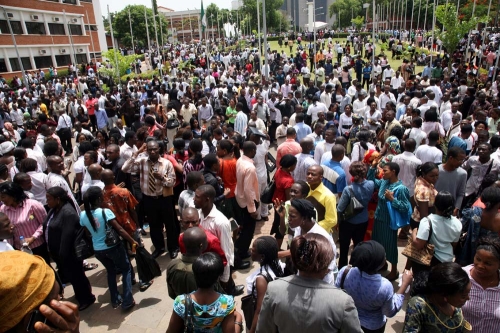Members of the House of Representatives engaged one another in a shouting match on Tuesday over a bill seeking to provide immunity for principal officers of the National Assembly. Sponsor of the bill intending to alter section 308 of the 1999 Constitution, Leo Ogor (PDP- Delta), said that immunity for the leadership of the legislature would guarantee its independence.
Ogor said immunity would also protect the legislature from unnecessary distractions arising from court cases. According to him, the amendment seeks to strengthen the National Assembly as its leadership should be protected in the period they are in office. Supporting the motion, Nicholas Ossai (PDP-Delta), said the move would protect the legislature and the people. “It behoves on us to protect the institution that protects good governance. When you protect the legislature, you protect the people,” Ossai said. However, the Majority Leader of the House, Femi Gbajabiamila (APC-Lagos), opposed the motion, saying the timing of the bill was wrong.
He said it would send a wrong signal as the electorate would assume that the bill was designed to frustrate the fight against corruption under which the President of the Senate, Bukola Saraki, was being prosecuted. “We must feel the pulse of the people; there is something about timing, timing in any piece of legislation is important. “There are issues in the senate and I pray it is resolved. Because of what is going on in the Senate, you cannot convince the people that the bill is not politically-motivated,” he said.
Gbajabiamila argued that only the executive arm of government enjoyed immunity globally. “We cannot isolate ourselves from comity of countries that practice democracy,” he said. The speaker, Yakubu Dogara, referred the bill to the Ad hoc Committee on Constitution Amendment. At this point, the plenary descended into chaos as many members opposed the speaker’s position, saying the bill must be subjected to a voice vote. Some lawmakers, including the deputy chairman, Committee on Rules and Business, Olabode Ayorinde, who cited relevant orders of the house’s rules, said the bill must go through second reading. According to them, any bill that seeks to alter the Constitution can be sent to the special committee upon second reading. When calm was restored, Dogara said though the bill had been referred to a committee, “it can still die even at the committee level”.
(NAN)
















